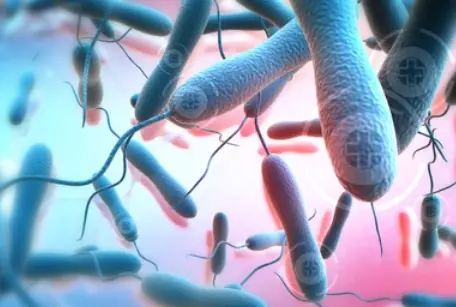 Welcome
Welcome
“May all be happy, may all be healed, may all be at peace and may no one ever suffer."
Bone marrow transplantation - Generics
Bone marrow transplantation (BMT), also known as hematopoietic stem cell transplantation (HSCT), is a medical procedure that involves replacing damaged or destroyed bone marrow with healthy stem cells. The goal of this procedure is to rebuild the patient's immune system and replace diseased or damaged cells with healthy ones.
BMT is used to treat a variety of conditions, including leukemia, lymphoma, multiple myeloma, and some genetic disorders. It is also used in the treatment of certain autoimmune diseases, such as lupus, and severe aplastic anemia. BMT may be used as the primary treatment or as a part of a treatment plan that may include chemotherapy and radiation therapy.
There are two main types of BMT: autologous and allogeneic. Autologous BMT involves collecting and storing the patient's own healthy stem cells before treatment, while allogeneic BMT involves using stem cells from a donor. The type of BMT used depends on the patient's specific condition and the stage of the disease.
The BMT process typically involves several stages. First, the patient is given chemotherapy or radiation therapy to destroy the diseased bone marrow. Then, the healthy stem cells are transplanted into the patient's body. The stem cells then travel to the bone marrow and begin to produce new blood cells.
BMT can have serious risks and complications, including infections, graft failure, graft-versus-host disease (GVHD), and organ damage. GVHD occurs when the donor's immune system recognizes the recipient's tissues as foreign and attacks them. Symptoms of GVHD can range from mild to severe and can affect different parts of the body.
To reduce the risk of GVHD, donors are carefully matched to the recipient. The matching process involves testing the donor's and recipient's blood and tissue types to ensure compatibility. In addition, patients may receive immunosuppressant medications to help prevent rejection of the donor's stem cells.
Despite the risks, BMT can be an effective treatment for many types of cancer and other serious medical conditions. Advances in technology and medical research continue to improve the safety and success rates of BMT, making it a valuable option for patients in need of a bone marrow transplant.

Skincare

Prader Willi syndrome

Intrapartum prophylaxis a...

Non-tubercular mycobacter...

Haemoptysis

Tetracycline-resistant ch...

Hyperkeratosis

Uncomplicated cystitis
Bone marrow transplantation, অস্থি মজ্জা প্রতিস্থাপন
To be happy, beautiful, healthy, wealthy, hale and long-lived stay with DM3S.